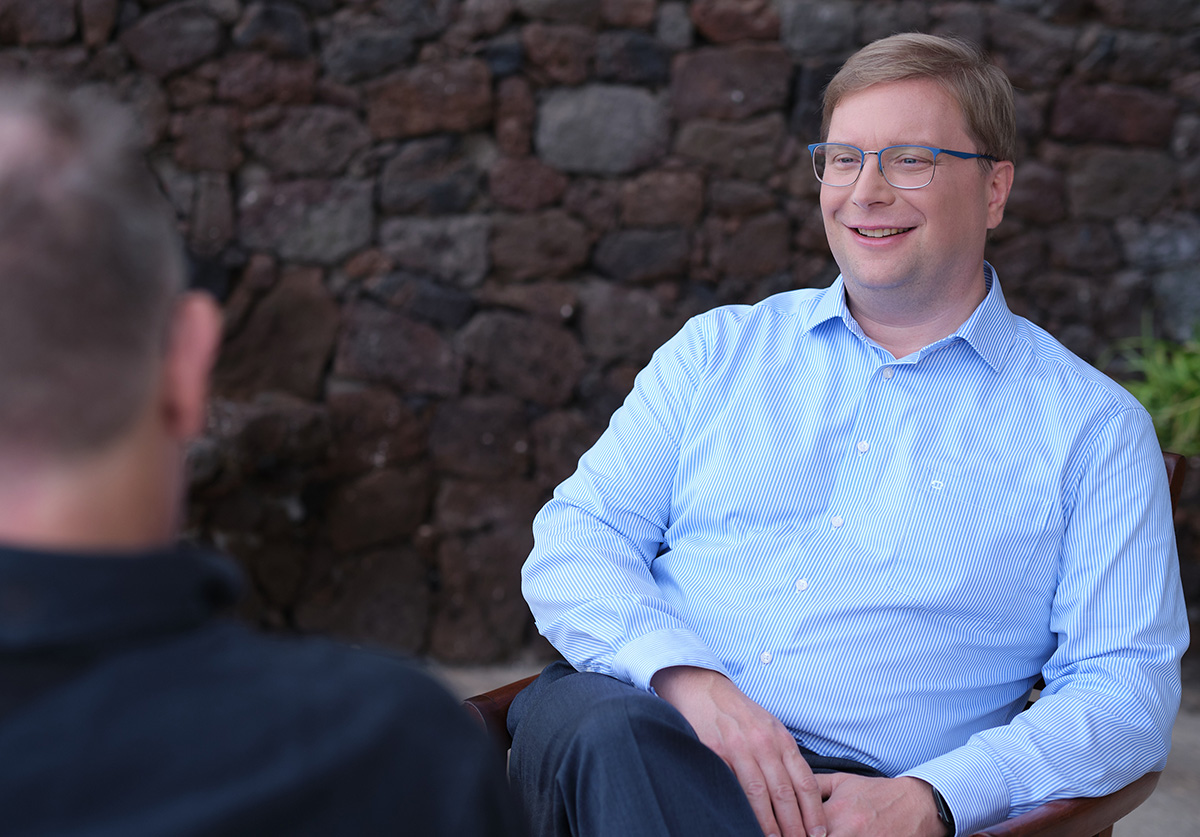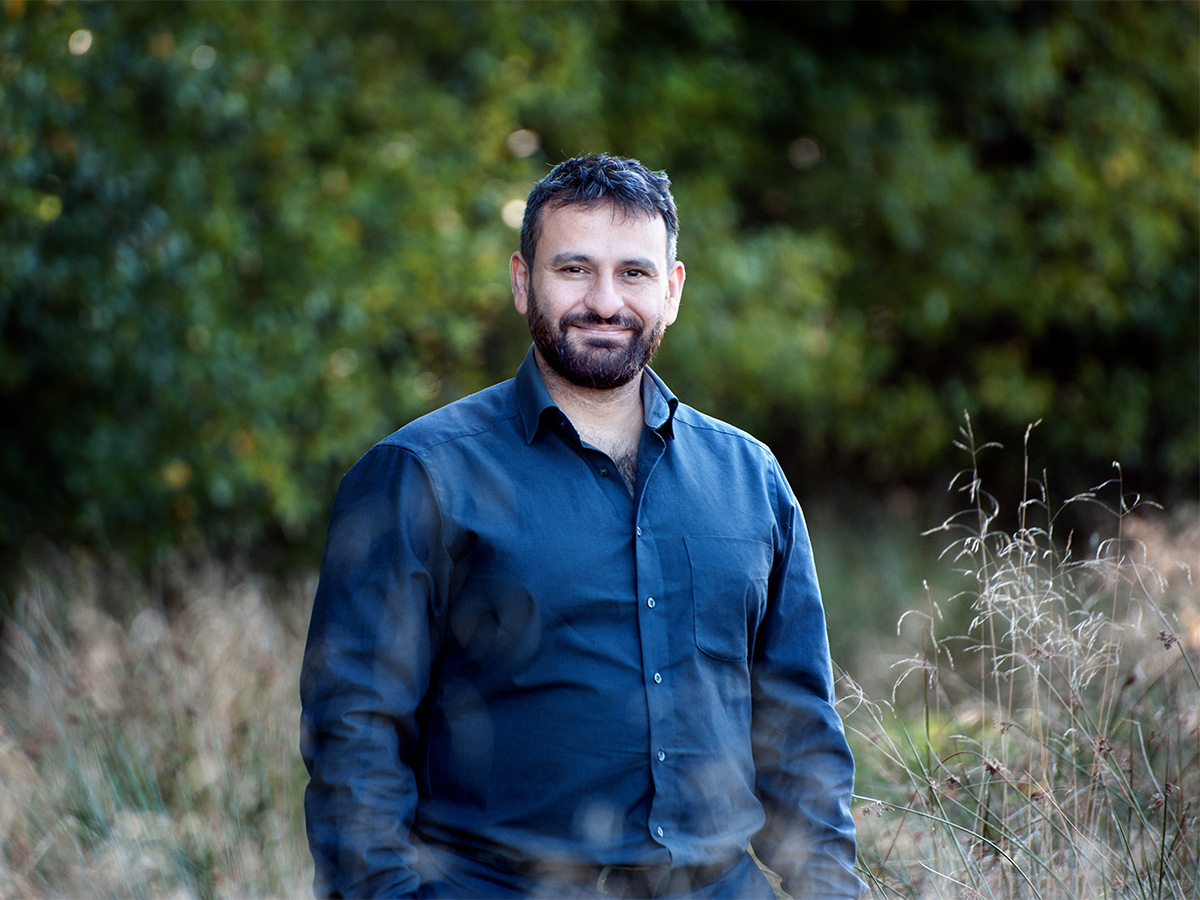Self-management: The effective handling of time

It is commonly accepted that effective self-management is mandatory, particularly in leading management positions. Effective management entails effective self-management, i.e. the effective and optimal use of one’s own resources. Yet, how can managers become effective when the complexity of procedures and the expectations posed towards their leadership are constantly growing?
“Self-management in its traditional sense is primarily associated with effectiveness and efficiency. Self-management pertains the knowledge of how to systematically set priorities, plan and implement assignments, while at the same time never losing sight of the important factor of time,” explains renowned author and consultant Thomas Gelmi, founder of Swiss-based consulting agency Movadis, whose latest book Durchstarten (Taking Off) about personal and interpersonal competence has just been released.
The time factor
An equally widely used term in the business world is the word ‘time-management‘. “I disapprove of the use of the term time-management in connection with self-management,“ says Gelmi. “You cannot manage time. Time exists. Each day has 24 hours and these do not increase if you ‘manage’ them exceptionally well. You may, however, influence the manner in which you make use of the time at your disposal,” Gelmi notes.
The age-old topic of time-management
‘The time we receive is not short, but we make it so; nor do we have any lack of it, but are wasteful of it,’ wrote famous ancient Roman philosopher Seneca and thus showed that time management has been up for discussion for centuries.
Yet how can we make use of our time in a less wasteful manner? By focusing on one project at a time? By taking a step back, by recharging our batteries or by balancing our life? Particularly work-life-balance is more important than our performance-focused society is aware of.
“Tightly scheduled all-day meeting marathons are a widely spread phenomenon. Meetings very often exceed their scheduled timeframe thus producing delays in ensuing meetings. With virtually no time in-between to catch some breath or even to review the last meeting, the perceived stress level may easily increase. Long meetings without a proper break can be equally exhausting,” says Gelmi, criticising the all too common predicaments of professional routine.

THOMAS GELMI AND HIS BOOK, DURCHSTARTEN
Management of meetings
In order to avoid situations like the above, some enterprises have started to limit their meetings to 45 or 50 minutes. They have also introduced a highly effective meeting management or rather meeting discipline – a step explicitly supported by Gelmi: “All participants benefit from clearly structured meetings. They have ten or even 15 minutes in-between meetings where they will be able to wind down, review some points, make notes, or prepare for the next meeting.“
Self-determination
When someone states ‘I don’t have time’, he or she actually means ‘I have other priorities’. A more fitting answer would thus be ‘I don’t use my time to do this as I am employing my time on another matter’.
“Self-management of course very much depends on whether you yourself or someone else is in charge of your time. The more self-determined you are, the more self-managed you can be. As a high level of self-determination is crucial for effective self-management, you should always try and increase the level of self-determination whenever possible,” says Gelmi.
Focus on what is essential
Effectiveness and efficiency are two terms you will have come across whenever the meaningful use of time is an issue in a professional environment. Effectiveness entails to do what is necessary to reach a goal; efficiency means to do something right.
“In an ideal world, you are able to combine both. Generally speaking, it is more productive to do the right things rather than doing things right. Or, you can do what is wrong very efficiently but without being effective. Yet you are effective if you are working towards a set goal even if you are working slowly,“ explains Gelmi.
Avoid distractions
Contrarily to consciously taken breaks, distractions are time wasters. Effective self-management thus presupposes their conscious handling. “Multitasking is a real killer that not only compromises the quality of work, but also misemploys the time spent on a certain task,” says Gelmi.
Here, Gelmi has some valuable advice: “Make note of your tasks over a duration of several days. An analysis of these notes will open your eyes towards the nature of the most common distractions. This insight may lead to further reflections; are there any tasks you invest too much or too little time in? Are there time thieves?“
Thomas Gelmi’s very own evidence for self-determination? He very consciously decides when to check his emails, when to answer calls or how to set his priorities. You can do the same – give it a try.
For book orders: www.durchstarten-buch.de
TEXT: SILKE HENKELE| PHOTOS © THOMAS GELMI
Subscribe to Our Newsletter
Receive our monthly newsletter by email




